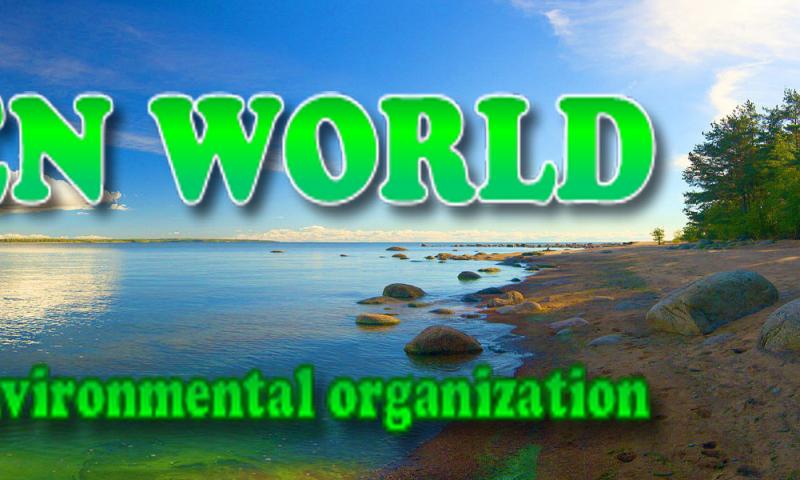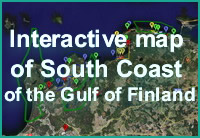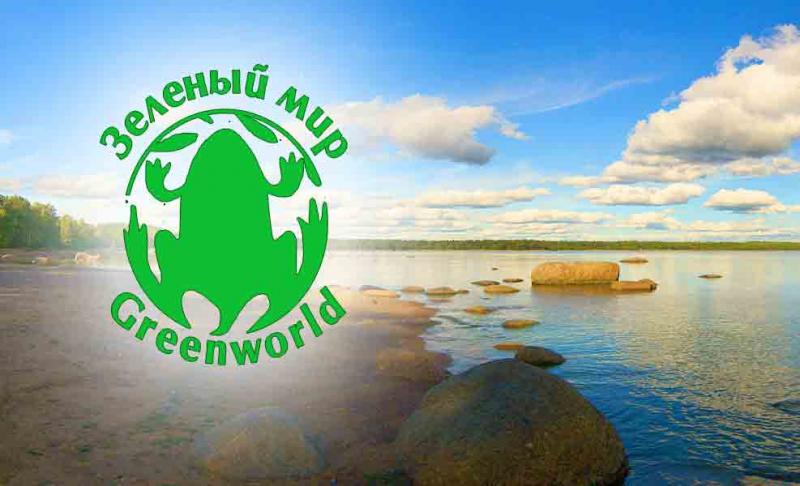
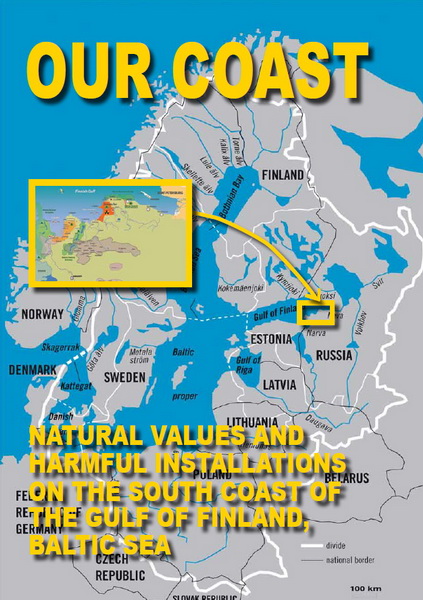 |
The South Coast of the Gulf of Finland |
|---|---|
| Natural Values and Harmful Installations |
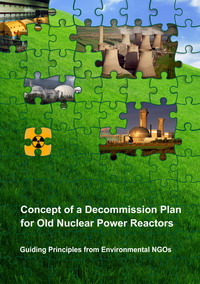 |
Concept of a decommission plan for old nuclear power reactors |
|---|---|
| Guiding Principles from Environmental NGOs |
Russian NGOs for equal nuclear safety standards and against the transfers of nuclear risks from Europe to Ural and Siberian Regions of Russia
To:
Russian President Vladimir Putin
President of the European Parliament Martin Schulz
IAEA Director General Yukiya Amano
Krasnoyarsk Region Governor Lev Kuznetsov
St. Petersburg, March 6, 2013
AN OPEN LETTER
We, representatives of non-government organizations, are writing to you in regard to the potential danger for present and future generations of the Krasnoyarsk Region in implementing the strategy of the transfer of spent nuclear fuel (SNF) from Central European countries and the European part of Russia to Siberia (Federal State Unitary Enterprise Mining and Chemical Plant, Zheleznogorsk, Krasnoyarsk Region).
We believe this strategy represents a safety threat to the life and health and safety of the residents of Siberia. The Yenisei floodplain, the area adjacent to the Mining and Chemical Plant, is already the most contaminated area in the world. And in the case of transferring the spent fuel to Siberia, 25 billion curies of radioactive substances and radioactive waste will have been accumulated. This is the equivalent of 500 Chernobyl accidents!
At the Mining and Chemical Plant (GKhK) there have already been several major accidents since its opening. At the same time a proper assessment of existing radioactive contamination has not been conducted. People are forced to live in contaminated areas, and use radioactive food products produced locally. This causes multiple illnesses and leads to the need for expensive treatment. As a result, their incomes have fallen and the social status of Russian citizens living in the contaminated areas has been lowered.
The transfer of spent fuel from European countries and from the European part of Russia to the GKhK repository has already taken place for several decades. In the future, the amount of spent nuclear fuel to be transferred will only increase.
Many decisions related to the construction of new nuclear power plants in Belarus, Turkey, India, Iran and other countries are taken by the Russian government on the condition of the transfer of spent nuclear fuel to Russia. Due to the special characteristics of the location of the facilities of the nuclear fuel cycle, the hazardous materials will be moved specifically to the Krasnoyarsk Region. However such decisions are largely taken behind the scenes within the framework of a single corporation. The government authorities of Krasnoyarsk Region, local government, and the population of the territory practically have not participated in the process of the decision-making.
We believe that these decisions ignore the interests of the Krasnoyarsk Region. The principle of equity of environmental safety is being violated: Consumers receive a relatively "clean" electricity, and all the risks associated with the management of spent nuclear fuel and radioactive waste are borne by the residents and by future generations of Krasnoyarsk Region.
We consider the agreement between the governments of Russia and of other countries on the transfer of spent nuclear fuel, with acceptance by the IAEA, to be immoral, to violate the international principle of equity of environmental safety, and to give the corporation “Rosatom” and Russian officials the opportunity to meet short-term financial interests.
We urge you strongly to ensure the environmental safety of current and future generations of the Krasnoyarsk Region, and to take into account their interests as well as the interested public at large in making decisions on handling spent nuclear fuel and radioactive waste.
- Oleg Bodrov, NGO GREEN WORLD, Sosnovy Bor – St. Petersburg, Russia, Bodrov@greenworld.org.ru
- Andrey Talevlin, public environmental movement ZA PRIRODU (For Nature), Chelyabinsk, Ural Region, Russia, andreyt@skypost.ru
- Yury Ivanov, KOLA ENVIRONMENTAL CENTER, Murmansk – Apatity, yura.ivanov@kec.org.ru
- Vladimir Mikheev, CITIZEN NON-PROLIFERATION CENTRE, Krasnoyarsk, Siberia, Russia, ccnnp@yandex.ru
- Natalia Mironova, CENTRE FOR NUCLEAR SAFETY, Chelyabinsk, Ural Region, Russia, nmironova@gmail.com

